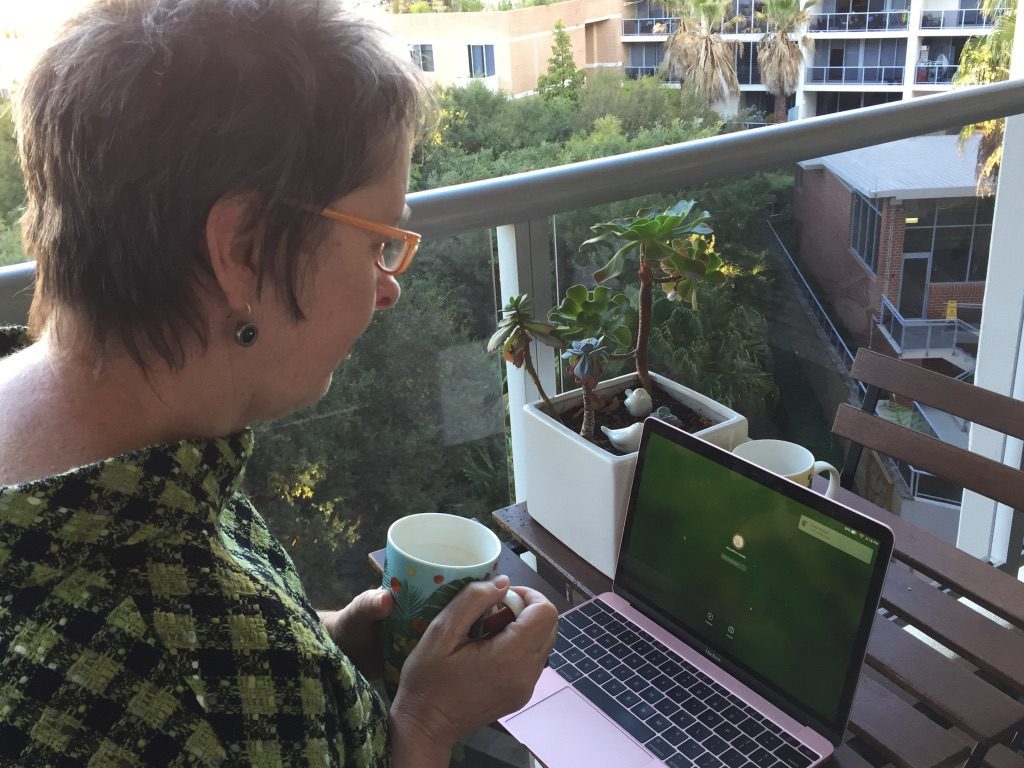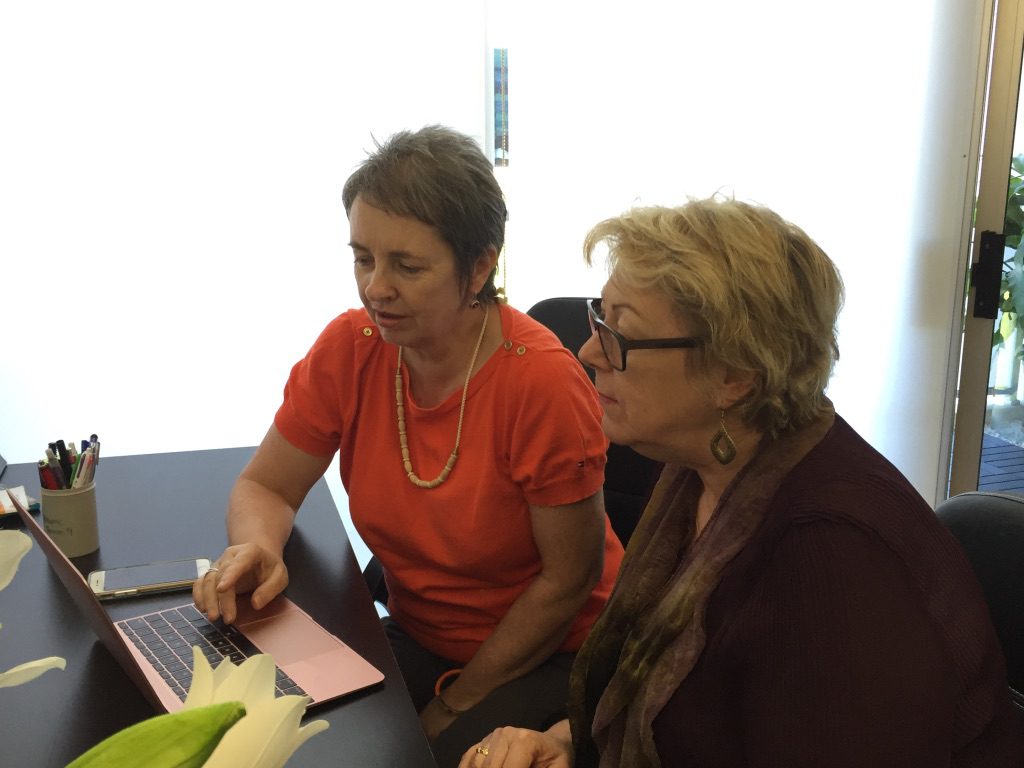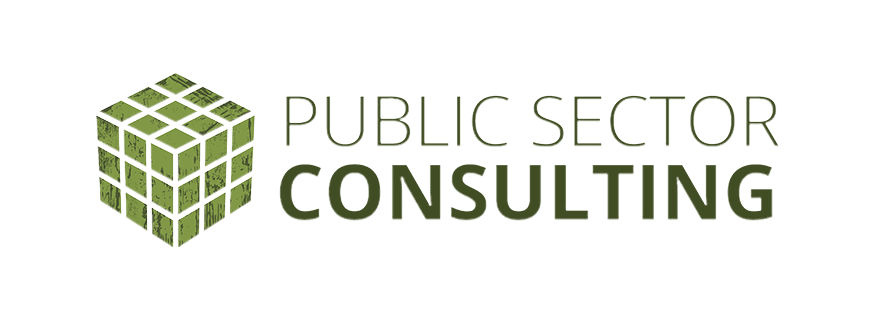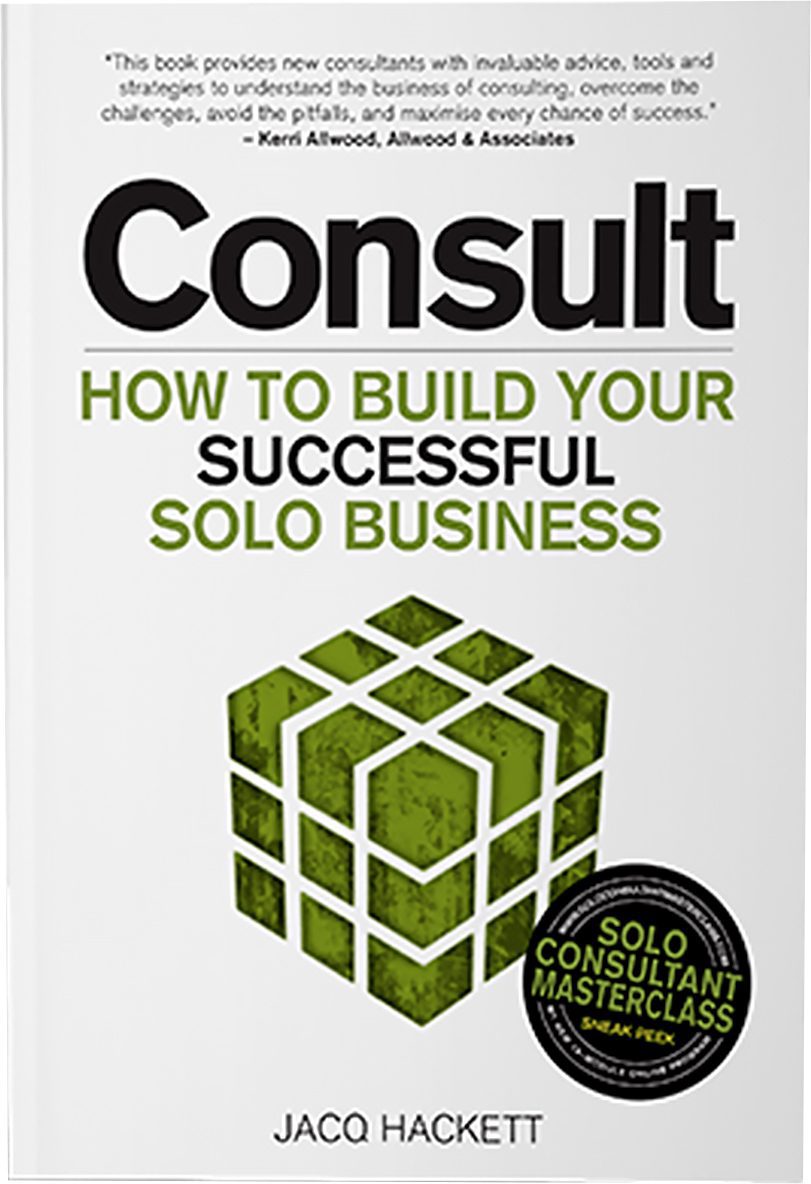Consultancy projects are essentially all about finding answers and solutions. But before you dive right in, make sure you have clarity about the questions.
Looking for answers? Keep sight of the questions
As consultants, we are brought into organisations to solve problems or assist with a particular challenge. Exactly what the client needs will vary of course. It might be a review of a program or service; diagnosis of glitches in the system to identify solutions; an organisational restructure; a strategic plan; development of a new policy.
The situation you land in is invariably complex; there is generally history, personalities, competing ideas, deadlines, politics, tension; and everyone has high expectations that ‘the consultant’ will fix it all. No pressure!
But whatever the problem or challenge, one of the first things I always do is figure out the high-level questions that I need to find the answers to – that’s what’s going to help me keep focused during the diagnostic phase, through analysis and when I make recommendations.
It really is one of the best tricks I consistently use as a consultant.
Depending on the project, the questions will vary. For example:
- How effective are the management arrangements?
- What factors are contributing to the decline in customer satisfaction?
- How can we increase staff retention?
- To what extent is the service model meeting client needs?
- What is the shared vision for the organisation 5-10 years from now?
- What are the service gaps?
- To what extent has the program achieved its stated objectives?
- For every consulting project, you ought to be able to identify a similar set of high-level questions. Here are four reasons I use this approach.
1. It helps to clarify what the client wants
It’s not unusual for the initial brief from a client to be a bit vague. My clients are highly skilled senior managers and bureaucrats, generally big picture thinkers. They know they have a problem to solve or a challenge to overcome, but they are not always skilled at translating that problem or challenge into a consultant brief. Which is fine, because that’s precisely what we need to be good at. Often, it’s up to us to help them to figure this out, and figuring out the high-level questions is a great place to start.
Start by asking the client. Ask about the back story and the history. Ask about the current situation – what’s going on and how are the current challenges impacting on the organisation. Ask what they want to be different as a result of the consultancy project. Ask what they want to know at the end that they don’t know now.
2. It will help produce a proposal that resonates with the client [therefore increasing your chance of winning the project bid]
When a client receives a consultancy proposal the very first thing they are concerned about is:
Does this consultant really understand what I’m trying to get done here?
Do they understand what my problem or challenge is – do they get it?
And if you don’t convince them of this in the first few paragraphs, you’ve probably lost them.
Here’s where those high-level questions come in. If you have figured those out correctly, it will totally convince the client that you understand what they need.
And this might just be what makes your proposal stand out from the competition.
3. The questions act as a guide during the information gathering phase
I can’t think of a single project I’ve undertaken that hasn’t involved stakeholder consultations. Stakeholders are one of your most valuable resources – it is their insights, views, experience and knowledge that will help you most with diagnosis. But what to ask them?
Well now that you have defined the overarching questions that have to be answered through the project, it’s pretty straightforward. All you need to do is break these down to interview level to frame your consultation questions. Think about what sub-set of more focused questions might give you key information to answer the bigger questions.
And the overarching questions will also help guide your review of quantitative data or documentation. Just think about where you need to look to find pieces of the information that will contribute to answering those questions.
4. The questions focus your analysis
I always find the analysis phase of a project the most complex. I’ve gathered a ton of information, and now I have to make sense of it! And it’s so easy to get drawn down rabbit holes.
So one of the first things I do every time I’m ready for analysis is re-visit those over-arching questions. Because this is the lens I need to look through now to find answers. I want these questions to be front of mind as I wade through what I’ve gathered. Otherwise, I’m much more likely to struggle and lose focus.
It is this stage of a project where you develop those all-important findings. And in most projects, there are potentially multiple ways you can crunch the information you’ve gathered to lead you to a different set of findings. So make sure you’re landing on the relevant set of findings by using those high-level questions as your guide.
Consultancy projects can be complicated beasts. The challenges clients want us to solve are generally tricky and often have blurred edges. Despite this, we need to map out a proposal that accurately captures the brief, make sure we gather the right information [from the right people and sources] and make enough sense of it all to come up with a set of concrete and doable recommendations. It’s a big ask, but nailing those high-level questions will help you every step of the way.
Jacq Hackett provides expert consulting services to public health agencies. And as a veteran of over two decades of consulting, she now provides coaching and development for other consultants. She is passionate about supporting the next generation of public sector consultants to become very good at what they do.
Improving your proposal writing skills is your ticket to winning more consultancy projects and earning the income you aspire to. Access Jacq’s free video training series Writing Better Proposals here.

Consulting Proposals Online Workshop
Learn How To Write Compelling Consulting Proposals That Win More Public Sector Projects.



Fundamentals
Five video training sessions focusing on some of the essential building blocks of developing a successful public sector consultancy business.


Launchpad
Launchpad will prepare you to launch [or re-launch] your public sector consulting business by guiding you step by step through
- Defining your service offering
- Developing your capability statement
- Developing an initial marketing strategy


Masterclass Series
The Masterclass series distils over two decades of consulting experience into the most comprehensive online training program available, tailored specifically for public sector consultants.


Accelerator
The Accelerator is an 8-week group mentoring program designed to teach you everything you need to know to start or grow a profitable, sustainable public sector consulting business. In the Accelerator, we focus on skill development, business development, and mindset development.


Mentoring and Resources for Public Sector Consultants
Looking for 1:1 support? My individual mentoring sessions will provide you with specific, targeted support on any issue or challenge at any time.
Looking for resources? I have a number of free cheat sheets you can download.
Consult – Book Available Now
Jacq’s book Consult invites you into the often closed shop of the consulting world. You’ll learn what you need to know to get you started on the right track, as well as practical tips and simple steps for developing your consulting expertise over time.




